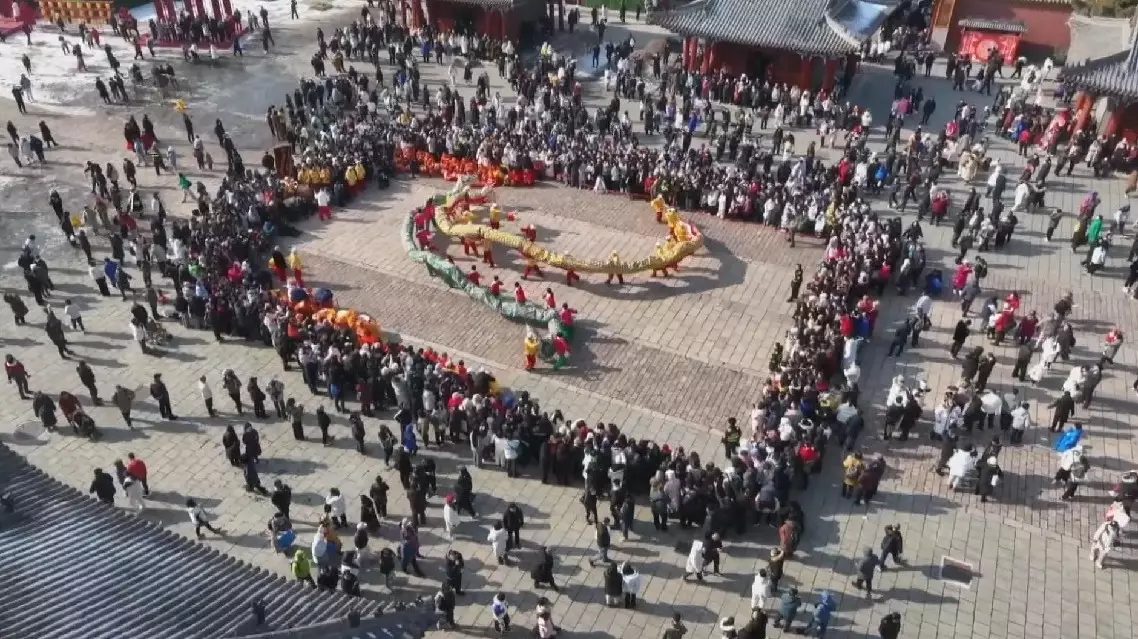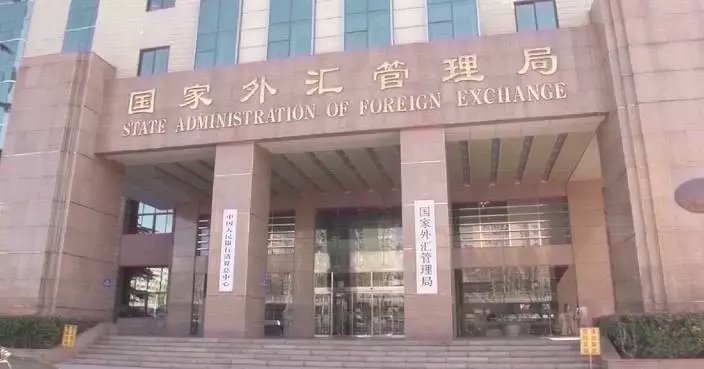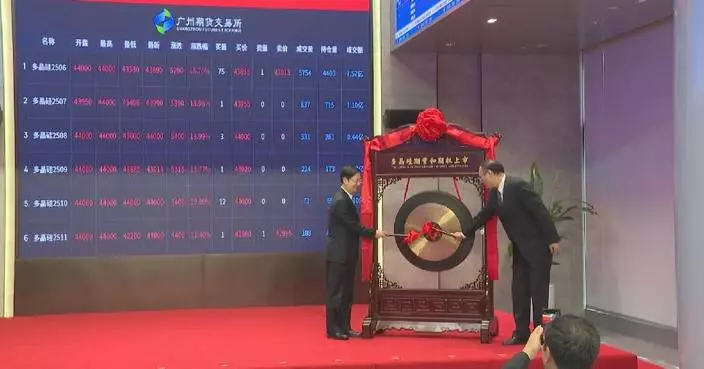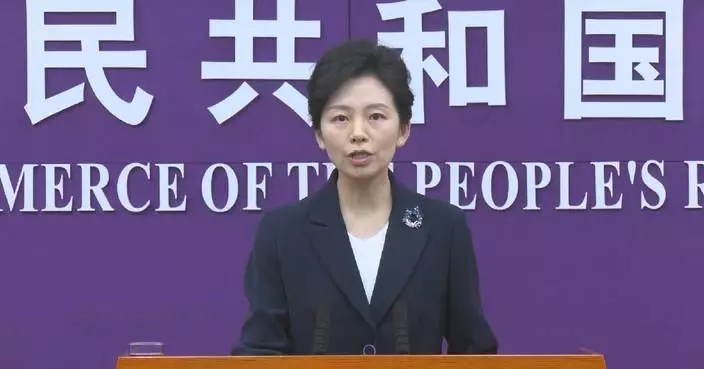The inclusion of the Spring Festival on the UNESCO list of intangible cultural heritage will further strengthen its already huge global influence, said a Chinese professor.
Spring Festival, also known as the Chinese New Year, falls on the first day of the first month in the lunar calendar.
UNESCO, or the United Nations Educational, Scientific and Cultural Organization, on Wednesday inscribed Spring Festival and the social practices of the Chinese people in celebration of the traditional new year on the Representative List of the Intangible Cultural Heritage of Humanity.
In an interview with China Media Group, Xiao Fang, a professor of the School of Sociology at Beijing Normal University, explained the profound significance the festival holds for the Chinese people.
"The Spring Festival embodies profound historical and cultural meanings. A special value of the Spring Festival is that it pools emotions of the Chinese nation, so it represents great national cohesion. The Spring Festival is a day to go back home and a day emphasizing family. Apart from family reunions, we also venerate our ancestors and sages. This fully demonstrates the festival's historical and ethical value. Besides, the Spring Festival is a junction between the old and the new year. It's an important day to bid farewell to the old and usher in the new, so it's closely related to the Chinese people's awareness of time passing. The Spring Festival encompasses family, historical, social and natural ethics, so it's very special among Chinese festivals," Xiao said.
As the oldest and most important traditional festival in Chinese culture, the Spring Festival has been increasingly celebrated overseas, with a growing number of countries observing it as an official public holiday.
Around one-fifth of the global population celebrates the Spring Festival annually, and the culture of peace and harmony embedded in its customs and traditions has gained global influence.
"UNESCO has inscribed the Spring Festival on its Representative List of the Intangible Cultural Heritage of Humanity, sharing our excellent traditional culture with all people in the world. The Spring Festival is going global year by year, but after its recognition as an intangible cultural heritage of humanity, it will have even greater influence, because the cultural program focuses on the universal value of intangible cultural heritage," said the professor.
"In the few dozen of days between Laba Festival and the Lantern Festival, Chinese people will be in a very peaceful state, with everyone happily celebrating. This shows that Chinese people love peaceful gatherings. This kind of value is very important for today's world," he added.
The Laba Festival, literally the eighth day of the 12th lunar month, is considered a prelude to the Spring Festival. The Lantern Festival, which falls on the 15th day of the first lunar month, marks the end of Chinese New Year celebrations and symbolizes the coming of spring.
"Another value is, the festival falls close to Lichun (the beginning of spring). Our Spring Festival conforms with the values of natural ethnics and biological harmony, providing an important reference for the world," the professor said.
With this addition, China now has 44 cultural elements or practices recognized by UNESCO as Intangible Cultural Heritage of Humanity.

Inclusion of Spring Festival on UNESCO list to boost holiday's global influence: professor









